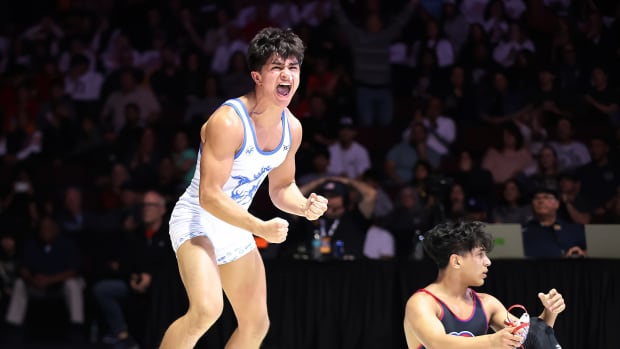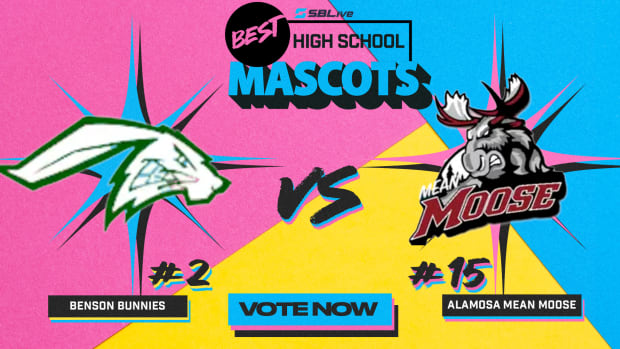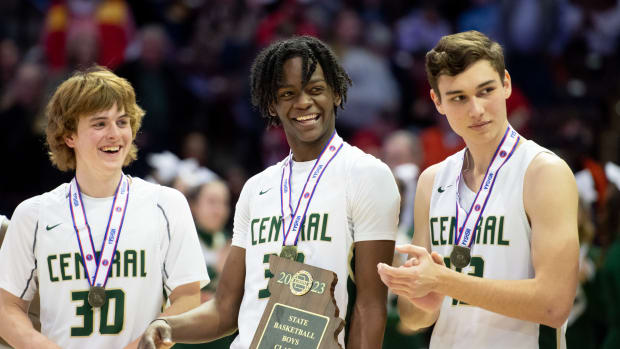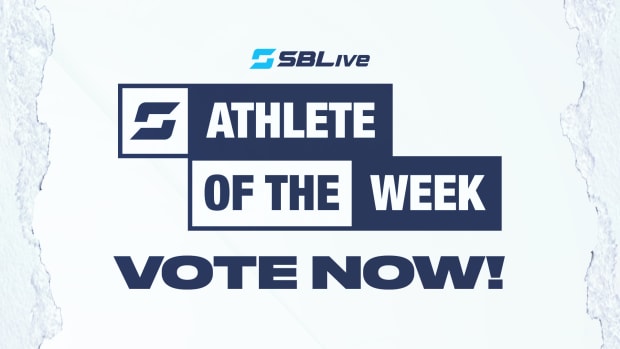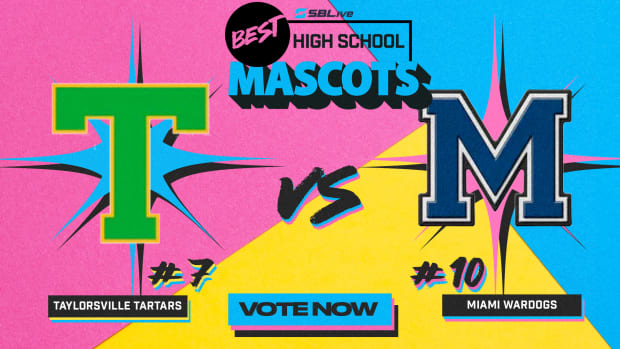Injuries nearly derailed Lynden Christian grad Daulton Hommes' college chances. Now he's one step away from the NBA.
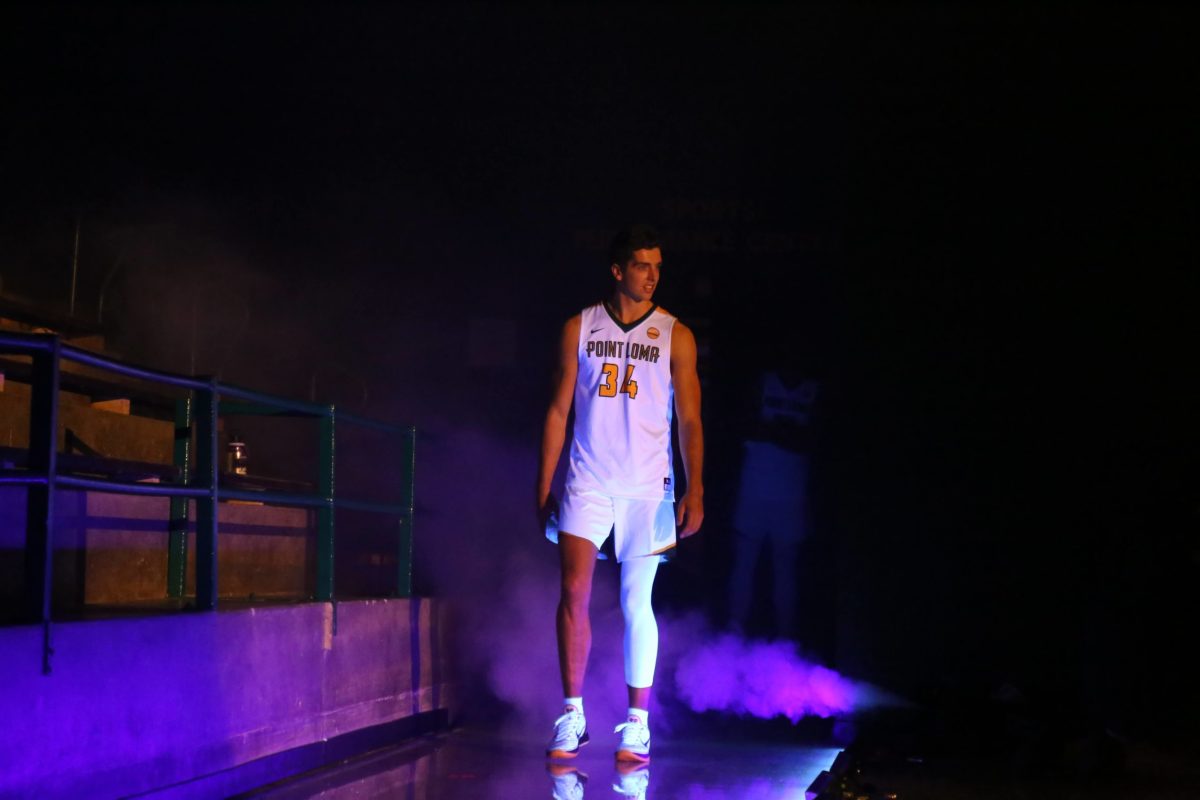
Before Clint Parks began to train Daulton Hommes in the summer of 2018, he knew Hommes as a relative to multiple athletic family members who had basketball talent, but couldn’t showcase it as consecutive knee injuries derailed his last two years of high school at Lynden Christian.
When Parks watched Hommes’ tape from his redshirt sophomore season at Western Washington, one thing became clear: Hommes, a 6-foot-8 sharpshooter whose highlight reels are also riddled with thunderous dunks, had talent.
It was that same talent that propelled Hommes to win Division II national player of the year in his final collegiate season with Point Loma, a team he led to the national championship.
And it’s the same one that on their first training session, Parks, who played at Whatcom Community College and now trains NBA players such as Lakers forward Kyle Kuzma and former Kansas standout Ben McLemore, saw the makings of an NBA player.
“As far as his offensive skills, that jumper is ready-made,” Parks said. “Like right now. From NBA range and beyond. Superstars need guys like him.”
Hommes has spent recent weeks flying across the country to work out with NBA teams, and telling his story of how back-to-back injuries turned him from a promising high school recruit to a player coaches weren’t bothering to call. On Thursday, Hommes hopes to be among the 60 players whose names are called in the 2019 NBA Draft.
It’s a destination that at many times did not seem possible for Hommes, who endured devastating consecutive injuries that kept him away from a competitive basketball game for three years and for many — including Parks — are career-derailing.
***
Lynden Christian coach Roger DeBoer recalls Hommes' first injury like it was yesterday. And his second? He can visualize the scene, the gym and even point to the exact spot it happened.
It was two weeks into the Summer of 2013, the months between Hommes' sophomore and junior year at Lynden Christian. That was slated to be a big opportunity for Hommes, who was set to go from the team's No. 2 scorer to the No. 1 guy.
And in this particular scrimmage, Hommes looked the part. He had grown from a scrawny 5-foot-10 freshman who came off the bench on Lynden Christian's 2012 1A state championship team to a 6-foot-2, athletic point guard, ready to get the shot to flourish as a player.
"You could tell he was going to develop, had great ball skills, he was just tearing it up," DeBoer said. "He was in a game and already had mid-30s (points), and we had eight or nine minutes left to go, I mean he was putting on an absolute show.
"Seriously, we were wondering if he was going to get to 50."
This particular game came in near lock-step with Hommes’ recruiting profile beginning to rise. Pac-12 schools had begun to call, and Washington told him he had the handles to be a Pac-12 guard. Hommes’ confidence was growing.
That backdrop is what made it more painstaking when Hommes was taken out at the knee by an opponent diving for a loose ball, sending Hommes into what DeBoer describes as “blood-curdling screams” contrasted with deafening silence across the gym.
A year later, the story repeated itself.
Hommes had grown four inches during his first recovery and now stood around 6’5. Shortly after being cleared to participate in non-contact drills, Hommes was taking part in skill-move drills, this time a jab-step-spin. Five times in a row, he completed it without a flaw. The sixth, he buckled.
“He knew it immediately he was like 'I did it again. I tore my knee again,' ” DeBoer said, “and just sobbed and sobbed. And I sobbed. There was hardly a dry eye in the practice gym.”
Said Hommes: “I was devastated. Coach DeBoer was basically trying to console me saying we don't know, it could be scar tissue, but I knew it right away.”
Hommes sat on the curb outside Lynden Christian’s middle school gym waiting for his mom to pick him up, and knew it was over. He would never play another high school basketball game.
And that day, and perhaps many that followed, his dream of playing beyond high school, and beyond college, felt shot.
“Basically, I didn't hear anything from any colleges from my junior and senior year,” Hommes said.
***
Hommes went through evaluation by the NBA’s undergraduate advisory committee after declaring for the draft, and was told he had a 30 percent chance of being selected in the second round.
He was skeptical. The committee is in its first year of implementation to aid college athletes in deciding whether or not to go back to school, and he felt since the members didn’t see him in person, he was determined to get in front of teams and make a good impression.
“I didn't really take it too seriously because I know anything can happen,” Hommes said.
Hommes had the option to grad transfer, and many high-major Division I programs were interested. But Hommes felt he had made enough of a name for himself to make the jump to the pros.
For DeBoer, the physical rehab Hommes underwent to get back onto the court in high school wasn't the most impressive part of his recovery; it was Hommes' desire to be a part of the team. He attended every practice and game, cheered and sometimes served as scorekeeper — anything to stay close to the team.
"He just said 'you know what, I want to be a part of this,' "DeBoer said. "I know a lot of kids that would have said gosh, this sucks, I'll cheer for my teammates, I'll rehab, but he was like, 'nope, I want to be a part of this.' "
Years later, Parks concurred.
“I can't imagine someone having something bad to say about him,” Parks said. “Like really. He's just a great kid. If you can't root for him, you can't root for anybody. His work ethic is elite.”
It's how DeBoer saw Hommes step up as a teammate and a leader that made him believe he will succeed at any level — including the NBA. For Parks, it was the ready-made jumper.
While many prominent mock drafts have Hommes going undrafted, he’s holding out hope. If he's not one of the 60 selections, Hommes says he’s in good shape to be a free agent and find the best fit for him after the draft.
"I think a lot of it comes down to what teams like you,” Hommes said. “I'm going to these workouts hungry, to prove myself, grateful for the opportunity these teams have been giving me.”
---
Andy Buhler is a reporter for Scorebook Live Washington. To hear him every week on the Scorebook Live Today podcast, subscribe here. Follow him on Twitter @AndyBuhler and reach him via email at andy@scorebooklive.com.

